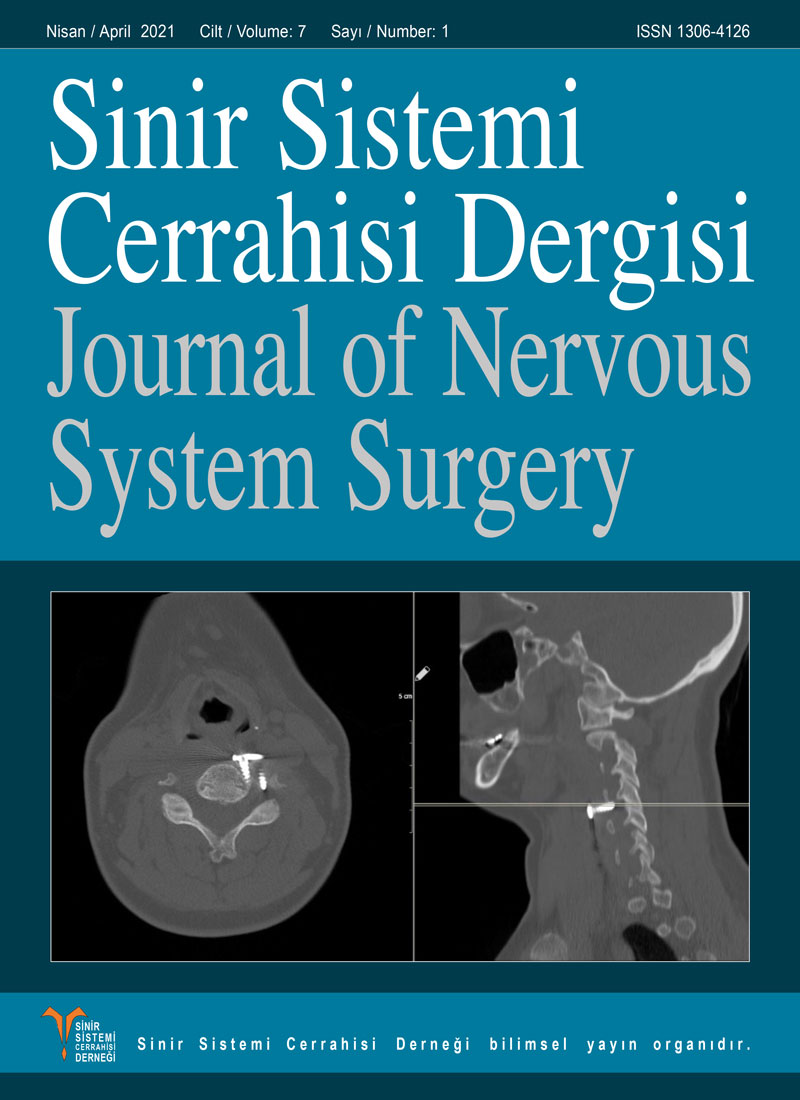Öz
Glioblastom en sık görülen primer beyin tümörüdür. Agresif cerrahi rezeksiyon, radyoterapi ve adjuvan kemoterapi uygulamalarına rağmen ortalama sürvi 14-16 aydır ve 5 yıllık sürvi yalnızca %2’dir. Bu kötü prognoz yeni tedavi modaliteleri geliştirilmesini gerektirmiştir. Elektrik alan tedavisi, moleküler olarak hedeflendirilmiş ilaçlar, antianjiyojenik moleküller, immün kontrol noktası inhibitörleri, tümör aşıları, kimerik antijen reseptör-T hücresi, viral onkolitikler ve mezenkimal kök hücre vektörleri hâlen geliştirilmekte olan modalitelerden bazılarıdır.
Anahtar Kelimeler: Glioblastoma, EAT, elektrik alan tedavisi, viral onkoliz, immün kontrol noktası inhibitörleri, KAR-T, mezenkimal kök hücreler
Telif hakkı ve lisans
Telif hakkı © 2021 Yazar(lar). Açık erişimli bu makale, orijinal çalışmaya uygun şekilde atıfta bulunulması koşuluyla, herhangi bir ortamda veya formatta sınırsız kullanım, dağıtım ve çoğaltmaya izin veren Creative Commons Attribution License (CC BY) altında dağıtılmıştır.






